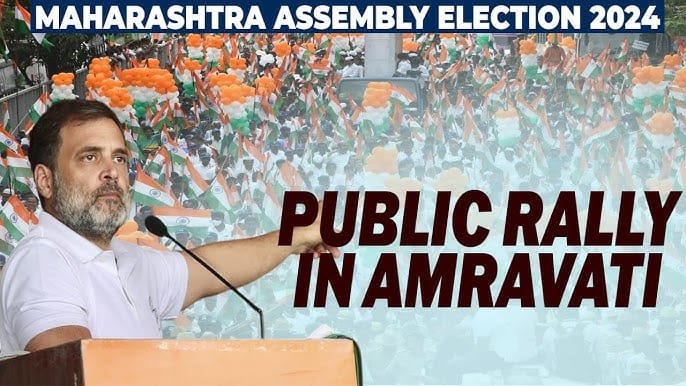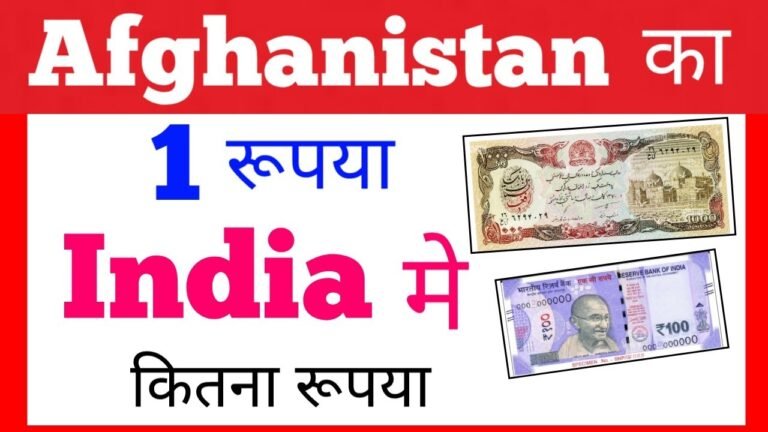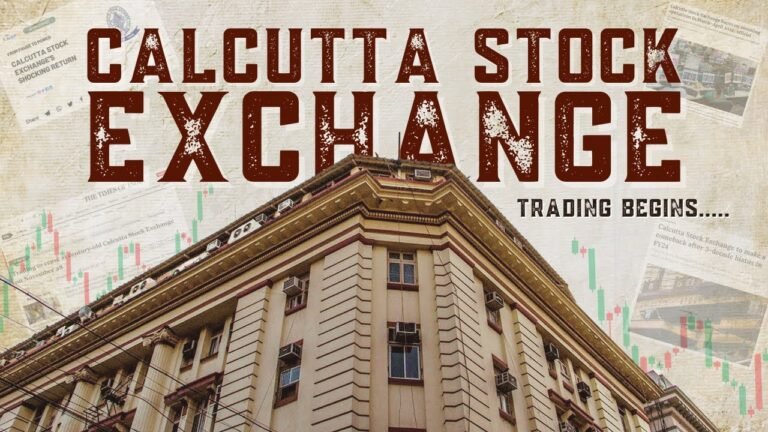
Rahul Gandhi's Freebie Promises Could Bankrupt and Ruin Maharashtra
Rahul Gandhi’s recent promises of freebies have sent the state of Maharashtra into a furore. Again, what may initially seem soothing and pumping to the crowd could later prove to be disastrous in terms of the economic and social bottoms-line.
As the article goes on to show, such policies will not be a panacea for economic instability, more debt and a weakened development agenda for the state.
The Freebie Culture: A Double-Edged Sword
Freebies come as a quick fix for critical problems, like unemployment, poverty and inflation. Governments use this strategy to gain popular support, particularly in elections. But this remedy often seems to cost the state’s economy dearly.
A free electricity promise from Rahul Gandhi or loan write-off and incentive plans can fall into a trap that creates dependency rather than eradicating the root cause of the problems.
Maharashtra’s Current Economic Situation
Maharashtra is already one of the most industrialized states in India and is suffering from the burden of a huge fiscal challenge. State finance reports indicate that the government has a debt burden of over ₹6.5 lakh crore by the end of 2024.
Moreover, its welfare schemes, subsidies, and development projects already take a lot from the state exchequer. Freebie policies will further strain these resources, forcing the government to cut spending on the basic infrastructure and services like education, healthcare, and transportation.
The Cost of Freebies: Who Pays the Price?
Fiscal Deficit Woes
Most freebies are actually not free. Their price is paid in the form of increased borrowing or reallocated existing budgets through the exchequer. Maharashtra’s fiscal deficit might simply escalate beyond control, compelling the state to borrow more and more, implying that interest repayments would continue to grow and the funds for developmental spending would shrink.
Economic Growth Stagnation
Overreliance on subsidies may disincentivize productivity. For instance, free electricity for farmers appears to be beneficial but promotes overuse and misallocation of resources. This hurts not just the agricultural sector but also the overall economy.
Burden on Taxpayer
Taxpayers often foot the bill for freebies. Higher government expenditure translates into higher taxes and hits the pocketbooks of the middle class and entrepreneurs. This does not make for a very congenial investment or entrepreneurship climate in Maharashtra, an economic activity that is the backbone of the state.
Competitive populism
Maharashtra’s election battlefield has become a spectacular game of competitive populism, where each party is outbidding the other to splurge more promises of heavy giveaways upon the public. Beneath its surface, though, fiscal numbers for the State flash ur-gent warnings:
the projected revenue deficit stands at ₹20,151 crore, while the budgeted fiscal deficit runs a staggering ₹1,10,355 crore for FY25. Fiscal deficit almost doubled in FY24, from 1.9 per cent of GDP in FY23 to 2.8 per cent of GDP in FY24. It remains within the FRBM limit, yet the unprecedented expansion raises concerns.
Debt stock
The State’s debt stock for 2023-24 (RE) is ₹7,11,278 crore with annual interest payments of ₹48,578 crore.
Although the State’s debt stock increased 16.5 per cent in 2023-24 (RE) over the previous year, the government defends this by saying that its percentage of the GSDP (17.6 per cent) is well within the prescribed limit (25 per cent of GSDP) as per the ‘Medium Term Fiscal Policy, Fiscal Policy Strategy Statement And Disclosures For Maharashtra 2023-24’.
Fiscal deficit, capex
Overall trend from 2019-20 to 2024-25 is suggestive of a cycle from the pre-pandemic stable phase, through the Covid-19 shock and recovery, into what could well be a phase of increased spending.
The higher deficit levels in 2023-24 and 2024-25 raise questions about long-term fiscal sustainability, debt servicing and the potential impact on credit ratings.
The fiscal deficit data implies that Maharashtra might be prioritising public spending, which, while potentially stimulating the economy, requires strong revenue strategies to prevent future fiscal imbalances.
There is significant growth in capital expenditure, but especially in 2023-24. It goes hand in hand with the increasing fiscal deficit and means borrowing or other sources are used to finance the outlay.
Care must be taken not to cause long-term debt-sustainability issues. The downtick in 2024-25 may betoken revenue shortfalls, economic uncertainty, or a shift in focus towards priorities such as debt repayment or welfare-related expenditure.
CAG remarks
“The State government needs to monitor and manage its debt levels to ensure long-term fiscal stability by adopting remedial measures to rationalise expenditure, explore further sources, expand revenue base and invest in revenue-generating assets,” CAG 2023 report recommended. CAG suggested that the government may consider mobilising additional resources through tax and non-tax sources to move towards revenue-surplus status.
A Historical Perspective: Drawing Lessons from Other States
Maharashtra can learn from what went wrong in states that indulged in populist freebie policies: Punjab
Over-provision of electricity and agricultural subsidies led to a fiscal crisis: the state was unable to pay salaries and keep basic infrastructure going.
Tamil Nadu
Welfare programmes in Tamil Nadu, by raising living standards, increased a ballooning debt crisis as the state was highly dependent on central grants.
These examples present evidence that unfettered freebie promises can cripple a state’s financial stability. Maharashtra is running the risk of meeting the same fate if it walks this path.
Impact on Maharashtra’s Development Agenda
Infrastructure Projects Brought to a Standstill
Maharashtra houses a few of India’s most ambitious infrastructure projects including the Mumbai-Nagpur Expressway and metro expansion projects. Freebie policies on the course offered by the funds may postpone or scupper these very important projects affecting economic growth and urban development.
Education and Healthcare
Freebie policies may simply set back the state in providing much-needed funds for education and healthcare sectors. This way, freebies can perversely rob these areas of more badly needed resources, implying a lower quality of public service.
Job Creation Challenges
Freebies may offer temporary solutions but offer no sustainable gainful employment. Eventually, this may inadvertently create higher unemployment because businesses absorb operational costs at the expense of investment activities.
Promises of freebees create a culture of dependency in which citizens look at the government for handouts rather than self-reliance. This is particularly harmful in a state like Maharashtra, which prides itself on its entrepreneurial spirit. Freebies risk killing the initiative and hard work that have been the recipe for success in the state.
Freebies Alternatives: A Sustainable Approach
Skill Development Programs
Instead of providing direct financial incentives, investing in skill development and vocational training can help better place the individual in jobs.
Incentives to Industries
Tax breaks and other incentives to industries could stimulate investment and employment generation, thereby improving the state economy.
Focused Subsidies
Instead of free generalities, focused subsidies to the most vulnerable sections of society could guarantee that resources are used effectively and can reach the intended sector.
Improving Public Services
Improving public services such as health, education, and transportation systems can bring long-term benefits to the state, making it more attractive for both the residence and business communities.
Slippery Slope
While Rahul Gandhi’s promises may resonate with voters in the short term, they pose a grave threat to Maharashtra’s economic health and future. Freebies are a temporary fix that cannot substitute for sustainable development and sound fiscal management.
Maharashtra must resist the lure of populist measures and focus on long-term solutions that empower its citizens and secure its position as an economic powerhouse.
By embracing a balanced approach with fiscal responsibility and inclusive growth, the state of Maharashtra would avoid the freebie culture and pave the way to a healthy future.








1 thought on “Freebie Promises of Rahul Gandhi Might Bankrupt Maharashtra”